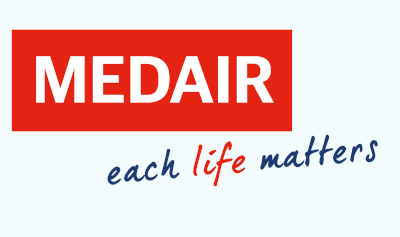What is happening in Lebanon?
Lebanon is facing a critical humanitarian crisis. In the past year, we have seen an escalation in tensions between Israel and Hezbollah, which has exacerbated the economic situation and ongoing vulnerabilities, such as the fragile healthcare systems and infrastructure.
Internal displacement within Lebanon has sharply increased, as well as the humanitarian needs in the country.
With a complex history, Lebanon is also currently facing issues stemming from its recent economic troubles. Millions of people are now food insecure, many of whom were once middle-class. According to the UN, 75% of the Lebanese population lives below the poverty line.
These issues are further complicated by the large number of refugees living in Lebanon (estimated at two million in a population of 6.8 million) and sectarian divides within the country. Refugees and their descendants – due to their legal status – don’t have the same access as Lebanese nationals to services such as healthcare.






%20(6).jpg)
.png)














